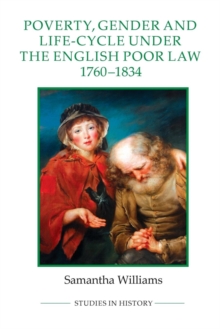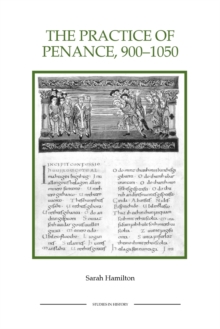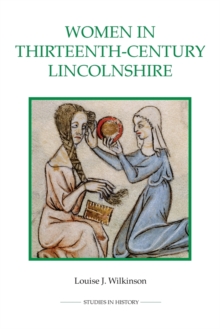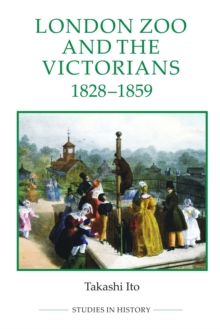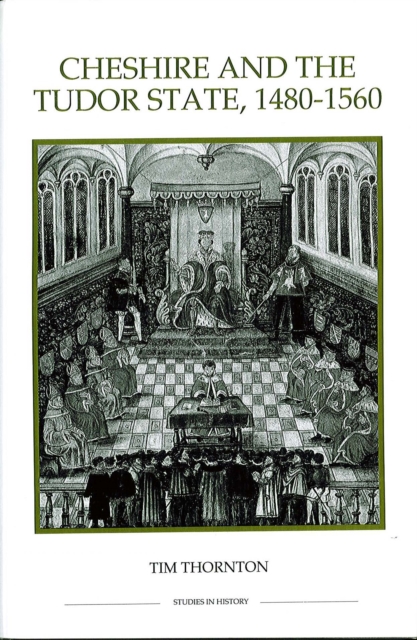
Cheshire and the Tudor State, 1480-1560 PDF
by Tim Thornton
Part of the Royal Historical Society Studies in History New Series series
Description
The palatinate of Chester survives Tudor centralisation.
This book asserts the importance of the semi-autonomous political, administrative and judicial system of the palatinate of Chester, and of other similar jurisdictions, in the early Tudor period. Contrary to the impression conveyedin almost all recent writing, the culture of centre and locality justified and glorified the palatinate: taxation, a crucial issue, was still agreed through a local parliament and paid in the traditional manner; and the council of the earl of Chester was potent enough to tap the demand for equitable justice, giving birth to the Chester exchequer. Changes did occur, but despite political imperatives, administrative momentum, and the imperial ideal (presented particularly in the work of Thomas Cromwell) the Chester palatinate as a cultural, social and political institution emerged in the 1560s altered but still formidable.TIM THORNTON is Senior Lecturer and Head of History at the University of Huddersfield.
Information
-
Download - Immediately Available
- Format:PDF
- Pages:332 pages
- Publisher:Boydell & Brewer Ltd
- Publication Date:20/11/2000
- Category:
- ISBN:9781846154430
Information
-
Download - Immediately Available
- Format:PDF
- Pages:332 pages
- Publisher:Boydell & Brewer Ltd
- Publication Date:20/11/2000
- Category:
- ISBN:9781846154430
